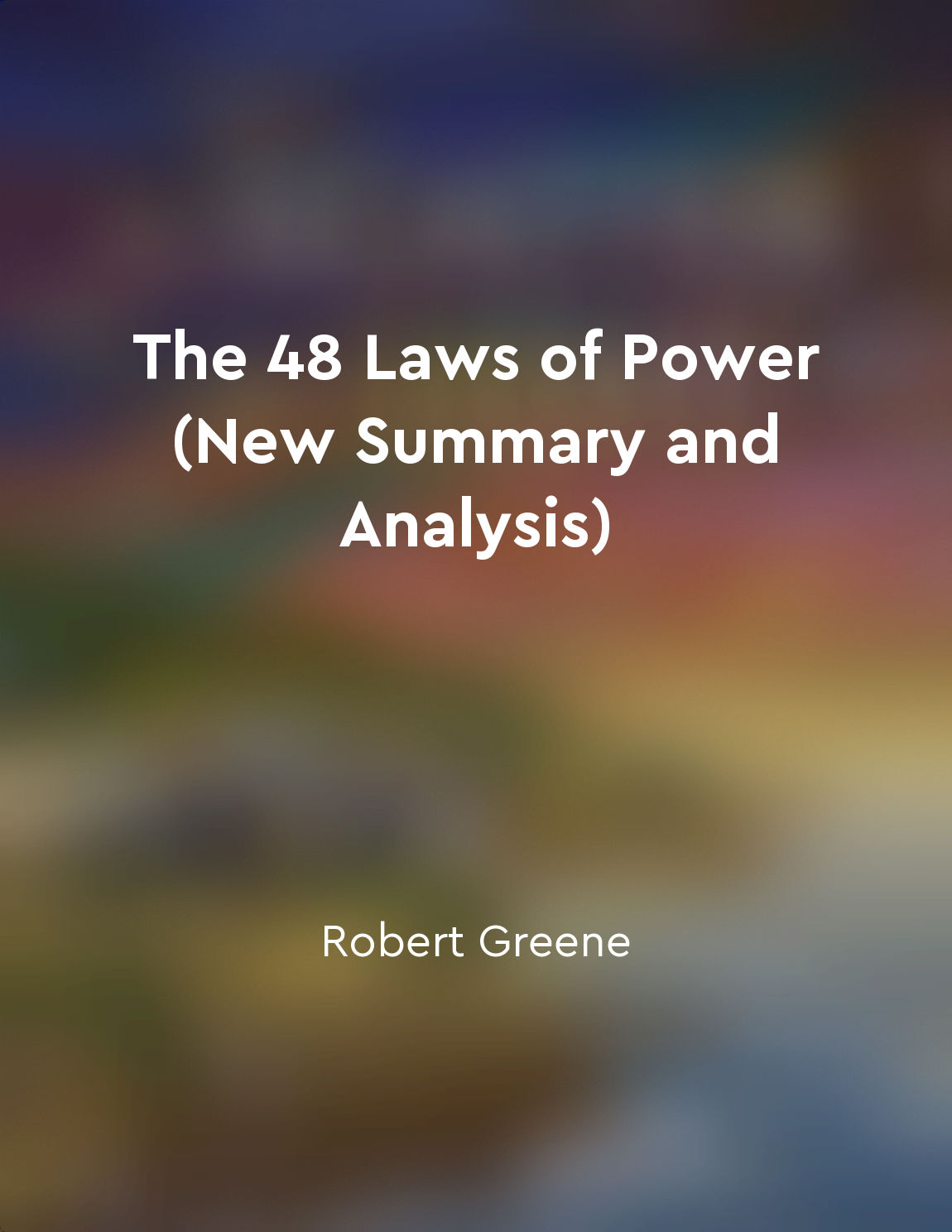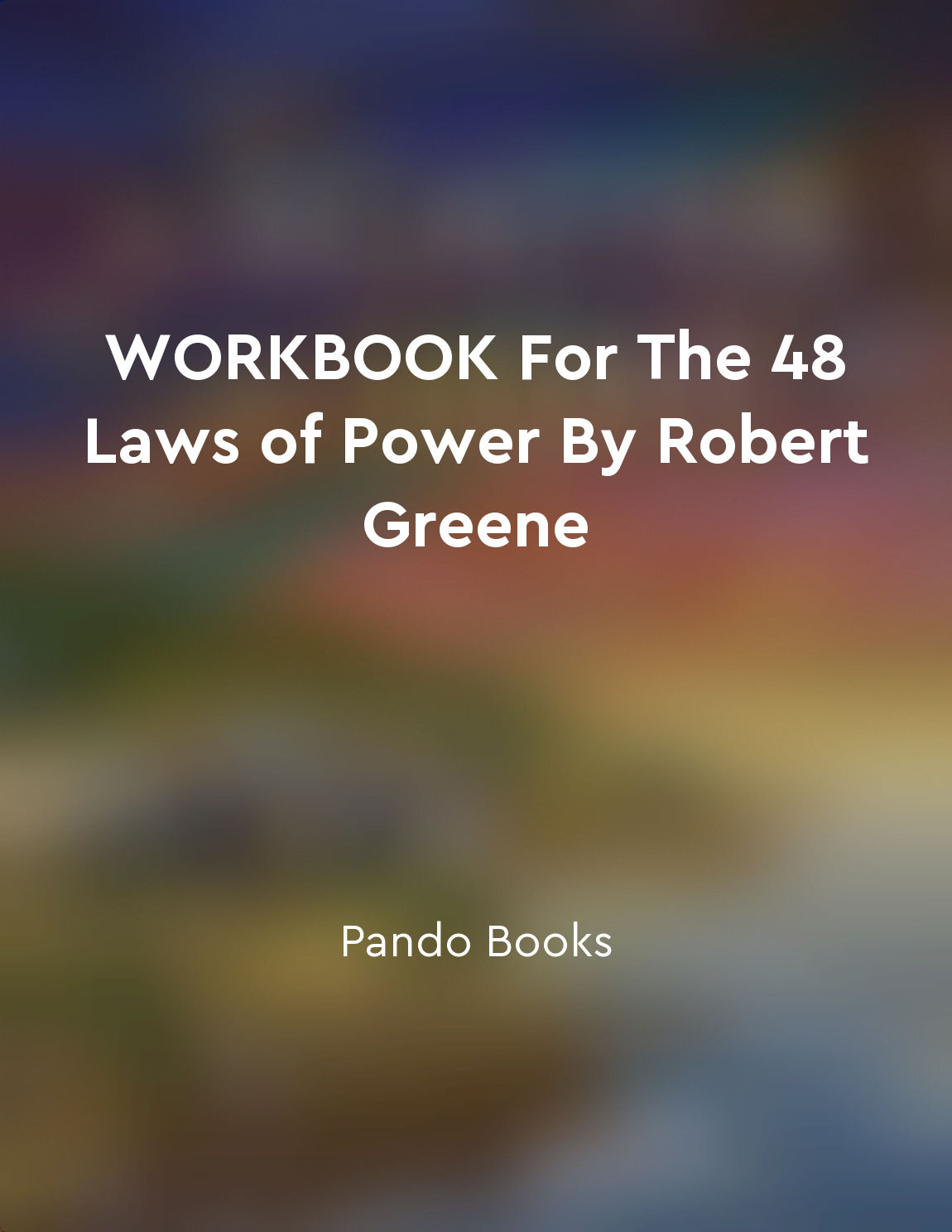Force relies on external control from "summary" of Power vs. Force by David R. Hawkins, M.D., Ph.D.
Force, by its very nature, requires external control to maintain its dominance. This external control can take many forms, such as rules, regulations, or physical force. When an individual or group relies on force to achieve their goals, they must constantly exert control over others to maintain their position of power. This control is often necessary because force is inherently unstable and can easily be challenged or overthrown if not constantly reinforced. In contrast, power operates from a place of internal strength and authority. It does not rely on external control to maintain its influence because it is grounded in truth and integrity. Power is not about dominating others or exerting control; it is about inspiring and leading by example. Those who operate from a place of power do not need to rely on force to get their way because their actions are aligned with universal principles and values. When one operates from a place of power, they can influence others without resorting to coercion or manipulation. Power is not about imposing one's will on others; it is about creating a positive impact and inspiring change through authenticity and integrity. Power is sustainable and enduring because it comes from within, rather than being dependent on external circumstances or control.- Force relies on external control because it lacks the inherent strength and stability of power. Those who operate from a place of force must constantly exert control over others to maintain their dominance. On the other hand, power operates from a place of internal strength and authority, allowing individuals to influence others through inspiration and integrity rather than coercion and control. The key difference between force and power lies in their source of influence: force relies on external control, while power comes from within.
Similar Posts
Power can strengthen communities
Power, often associated with corruption and abuse, can actually have a positive impact on communities. When individuals in a co...
Surveillance techniques are pervasive in modern society
Surveillance techniques have become deeply entrenched in the fabric of modern society. From the moment individuals wake up in t...
Plan all the way to the end
When you embark on a project, you must plan for every eventuality. Do not simply focus on the beginning stages, but consider th...
Power can be maintained through consistent behavior and actions
Power is not just about what you do, but how you do it. It's not just about individual actions, but about patterns of behavior....
Traditional power structures are being disrupted by new forces
The world has witnessed a profound shift in power dynamics in recent years. Traditional power structures that have long dictate...

Adams explores his education in American history
Throughout my reflections in "The Education of Henry Adams: Autobiography of an American Historian," I delve deeply into the va...
The consequences of unchecked power can be devastating
Unchecked power, when left to run rampant without any limitations or accountability, has the potential to wreak havoc and lead ...

Learn to adapt to different circumstances
The ability to adapt to different circumstances is a crucial skill that can help you navigate the complexities of power dynamic...
Power dynamics influence personal relationships and societal structures
The shift in power dynamics between men and women has a profound impact on personal relationships and societal structures. As w...

Exercising patience in the pursuit of power
The idea of exercising patience in the pursuit of power is a crucial concept to understand in the realm of power dynamics. It i...

